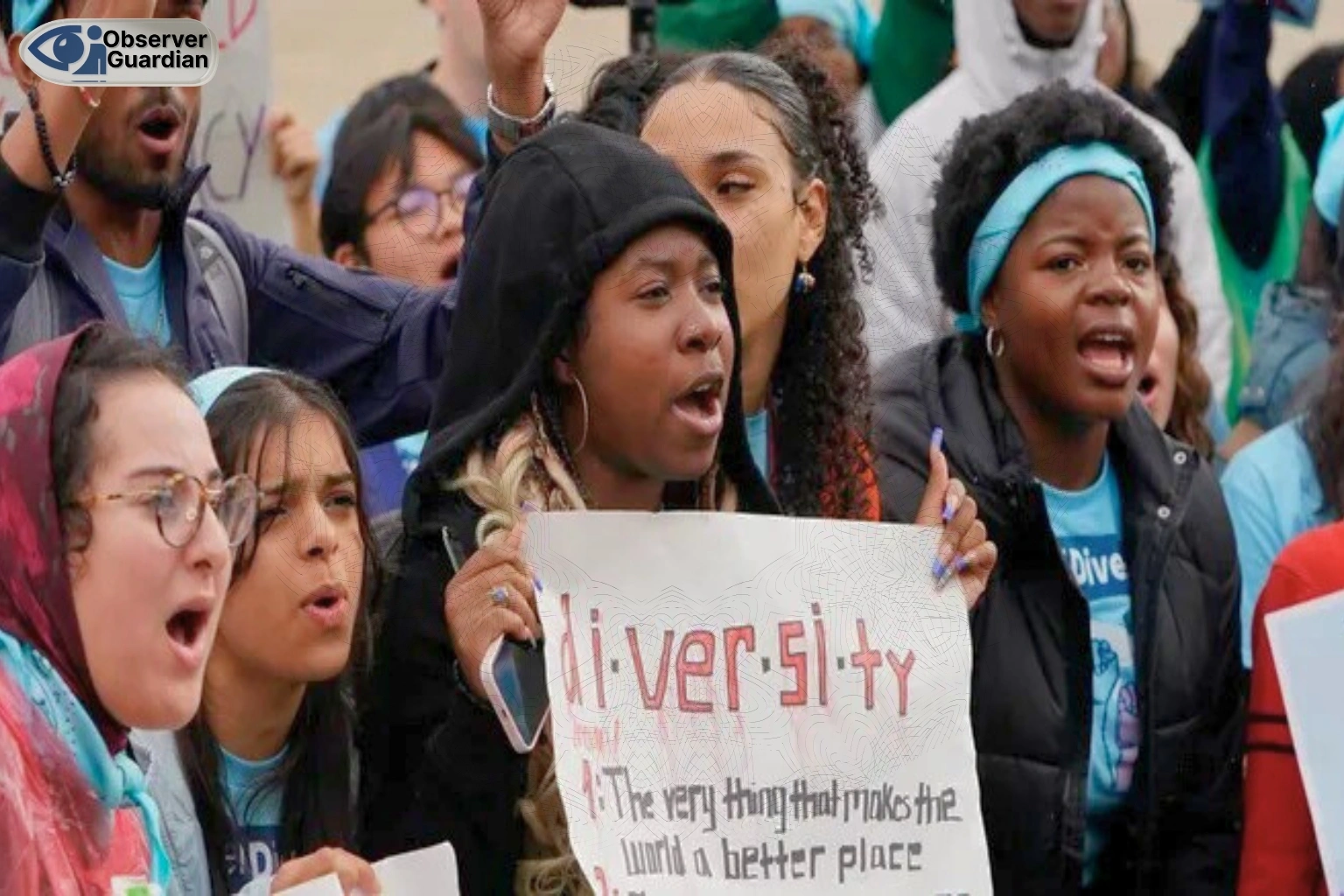Admission of African Students to these Two Countries Creates Unfair Suspicion
An international education is a dream whose power is incontrovertible. To a good number of African students, it is a gateway to self development and academic success. It promises a better future. But now that dream has been tainted by reality. In recent months, both the United States and the United Kingdom have issued travel compliance warnings that have added an additional element of high-intensity scrutiny. This is not an easy administrative update. The change in policy should be considered a basic injustice against African students. It generates a level of suspicion and doubt. These policies and their tremendous effects must then be subject to critical scrutiny. They will not only harm individual students, but the whole international education system.
The Unofficial Reasons behind Tougher Policies
Every government alleges to ensure national security and stop visa overstays by adopting stricter visa regulations. But a second glance shows that these actions are based on prejudice. The UK Home Office alone makes direct warnings to tens of thousands of foreign students of the dangers of overstaying. So, the US government is reminding students of what will happen to them because they drop out. All these measures appear to target African students. A preoccupation like this indicates rooted bias. This means that African students will be inclined to abuse their visas. This is a negative stereotype. It creates a climate of fear. Students are now concerned that any minor mistake, even a good question, would cause them to lose their visas.

This heightened questioning is a political calculation, too. Harsher immigration policies usually go down well with a domestic audience. They describe that a government is acting forcefully on immigration. The actual impact of this is that the students are becoming chess pieces in some bigger political game. The policies they must carry around are unlikely to have anything to do with their academic integrity. The new policies basically require universities to become immigration agents. When it comes to students, institutions need to strive to ensure that they comply with high standards. Such pressure would make universities reluctant to accept African students. The result is less campus diversity. International education will inevitably lose its value in terms of the cultural and academic interchange that renders it so valuable.
African students are already straining financially. They are experiencing high tuition rate, exchange rate volatility and provisional funds requirements. Those new policies put additional pressure on this financial pressure cooker.
Precisely, the US grants African student visas with a three-month limitation to entry. It does not stop students from staying in the US once they are there, but it does make life a lot harder. The worry is not about being allowed, it is about being stuck. Imagine needing to rush home for a family emergency or even just wanting to take a short trip. Now there is fear that leaving could mean not getting back. That kind of pressure cuts people off from their support systems and makes loneliness sharper.
Money and paperwork are one thing, but the human side hits harder. A lot of African students are already juggling stereotypes and dealing with subtle or outright discrimination.
They talk about feeling like outsiders, and these new rules only make that worse. It reinforces this false idea that they are somehow “risky” to have around. Over time, that eats away at confidence and mental health. When you are thousands of miles from home, the last thing you need is to feel like you do not belong. A good learning environment should make students feel stable and supported. Right now, policies are doing the opposite.
The bigger picture is that this kind of suspicion backfires. US and UK universities are strong partly because of international students and their work, ideas, and tuition. By making things unwelcoming, these countries are pushing away some of the brightest students, many of whom are eager to contribute. The message being sent is that their presence is not valued. Other countries will gladly pick them up, and in the long run, that is a loss not just for the students but for the universities and economies that rely on them. Education has always been global, and when one side makes it harder, everyone pays for it.
Disclaimer: The views and opinions expressed in this article are exclusively those of the author and do not reflect the official stance, policies, or perspectives of the Platform







